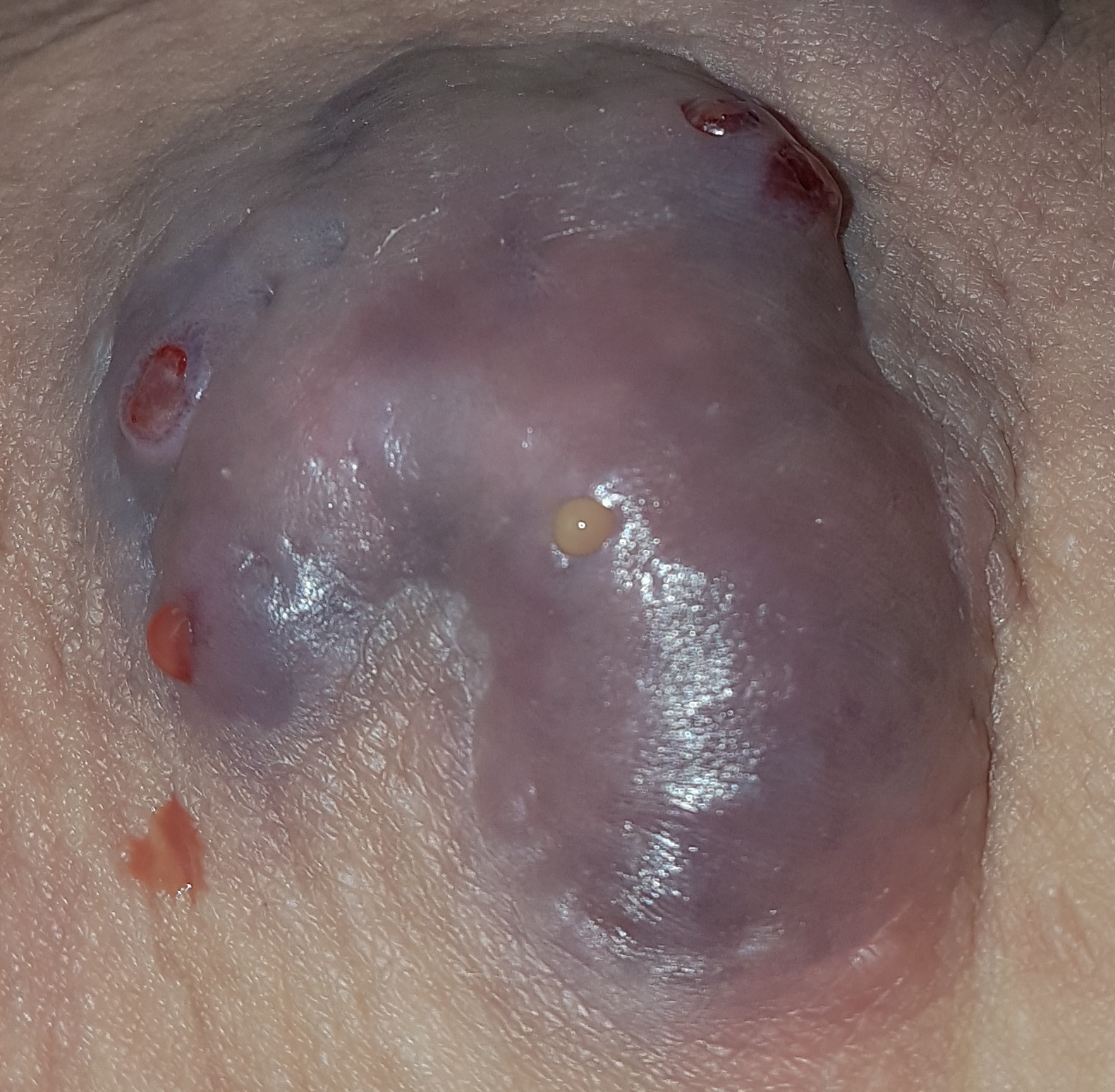| name | Isotretinoin |
| classification | Retinoid, Vitamin A derivative |
| pharmacokinetics | Oral absorption is rapid and complete. Significant first-pass metabolism occurs. The drug is extensively metabolized in the liver, and the major metabolites are also active. Elimination half-life is approximately 10-20 hours, but the prolonged effect on the skin persists for weeks after discontinuation. Accumulation in the body occurs. |
| suggested dosage | Dosage is individualized and determined by a healthcare professional based on the severity of acne, patient response, and potential side effects. Typical starting doses range from 0.5 to 1 mg/kg/day, divided into 1-2 doses. Maintenance doses may range from 0.5 to 2 mg/kg/day. This is not a recommendation for self-medication. Consult a physician. |
| indications | Severe nodular and cystic acne unresponsive to other treatments. May also be used in other inflammatory skin conditions like psoriasis and hidradenitis suppurativa. |
| safety in pregnancy | Absolutely contraindicated. Isotretinoin is a known teratogen. Women of childbearing potential must have a negative pregnancy test and use reliable contraception. Regular pregnancy testing and strict contraception are mandatory throughout treatment and for at least one month after stopping treatment. |
| safety in breastfeeding | Not recommended due to potential adverse effects in the infant. |
| side effects | | 1 | Dry skin and mucous membranes (lips, nose, eyes) | | 2 | Headaches | | 3 | Muscle aches | | 4 | Fatigue | | 5 | Elevated triglycerides and cholesterol | | 6 | Depression and mood changes | | 7 | Eye irritation and vision changes | | 8 | Liver function abnormalities | | 9 | Rare cases of severe mental health conditions | | 10 | Rare cases of congenital abnormalities in infants exposed during pregnancy |
|
| alternatives | |
| contraindications | | 1 | Pregnancy | | 2 | Known hypersensitivity to isotretinoin or other retinoids | | 3 | Active liver disease | | 4 | Severe depression or other mental health disorders | | 5 | History of certain heart problems | | 6 | Malabsorption syndrome |
|
| interactions | Numerous potential drug interactions. Consult with a healthcare professional. |
| warnings and precautions | | 1 | Careful monitoring of liver function is necessary. | | 2 | Regular blood tests are required during treatment. | | 3 | Patients must be informed about the risk of birth defects and the need for strict contraception. | | 4 | Patients must be educated about the potential for worsening depression or mood changes. | | 5 | Discontinue use immediately and contact a physician if pregnancy occurs. |
|
| additional information | | 1 | Treatment duration typically ranges from 4-6 months, but may be longer based on patient response. | | 2 | Isotretinoin should only be prescribed and monitored by a dermatologist or other qualified medical professional. |
|
| patient specific considerations | | age | 25 | | weight | 70 | | additional medical history | |
|
| disclaimer | This information is for general knowledge only and does not constitute medical advice. Always consult with a qualified healthcare professional before starting any new medication or treatment. |

